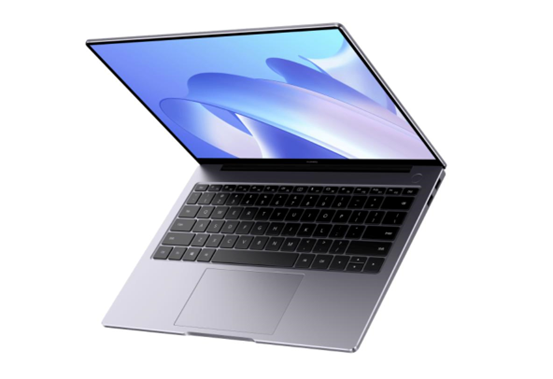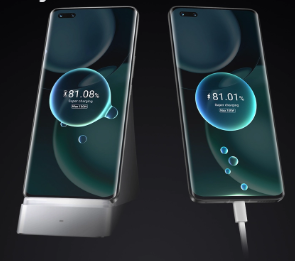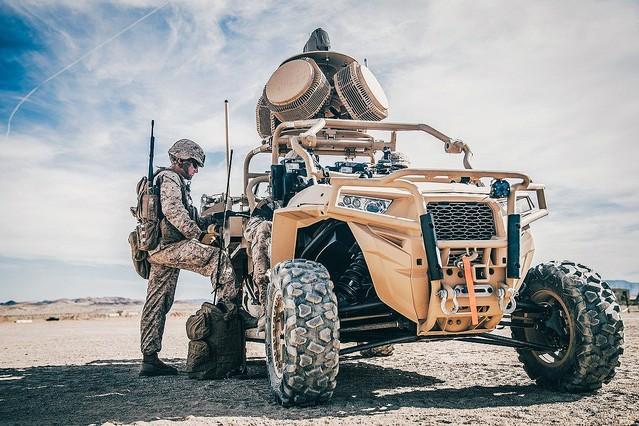Softbank, with three pillars of satellite strategies to global deployment: Non -ground network (NTN) strategy (page 1/2)
Softbank bets on a part of the future is a service provided by space that can be more useful for customers beyond the domestic market of Japan.
Softbank's satellite plan has three main elements.The first is a track (GEO) satellite plan that provides low -band width IoT (Internet of Things) from space, the second is a low -cost orbital (LEO) ultra -smaller orbit (LEO) that realizes lower cost services than GEO satellites.The 3rd satellite system is an high -altitude drone that provides 4G (4th generation mobile communication) or 5G (5th generation mobile communication) mobile communication in areas that are not sufficient service.
In June 2021, SoftBank announced a non -ground network (NTN) strategy that provides various services via satellite and stratular drones.According to Matthew Nicholson, the company's spokeswoman, this strategy is part of the initiative called "Beyond Japan".
ソフトバンクのNTN戦略の概要 出典:ソフトバンクSoftbank plans to provide various services through unmanned aerial vehicles flying in satellite and universe, using OneWeb, Skylo, and the company's affiliated Hapsmobile services.Nicholson states that SoftBank will "provide services around the world using satellites."The company has said that its NTN -related lineup has the advantage of being able to meet the diverse needs of customers.
Companies, customers, and governments around the world can enjoy higher -speed communication services with less latency than conventional GEO satellites, through OneWeb satellite -based services.

In early 2021, ONEWEB secured funds from SoftBank's parent company SoftBank Group.Previously, ONEWEB was under bankruptcy protection based on Chapter 11 of the Federal Bankruptcy Law (Chapter Eleven), but has survived a difficulty in November 2020 by the US government and Bharti Global in India.
In May 2021, SoftBank agreed to use ONEWEB satellites.The latest group of ONEWEB's LEO satellite was launched on May 28, 2021.At the end of 2022, the plans to use those satellites to provide services to the entire earth.
The SoftBank Group also supported Skylo, an emerging IoT satellite, and led the 1030 million dollar Series B on June 21, 2020.Skylo plans to use satellites to provide NB (Narrow Band) -IOT to connect to a gateway on the earth.Skylo works with Inmarsat in the UK to apply its own technology to the GEO satellite.With the support of the SoftBank Group, the company is trying to solidify the foothold in the Asian market, including Japan.
Skylo has already operated an NB-IoT service in India in cooperation with Inmarsat.
SoftBank aims to use Skylo's NB-IoT network to provide IoT connectionability at an affordable price than conventional GEO satellite services for industries such as fisheries, mining, and shipping industries.There is.No more details have been disclosed.
"Skylo's strategy is a more powerful proposal to the very low bandwidth IoT," regarding Skylo's GEO satellite-based NB-Iot strategy, Skylo's Sky Research senior analyst.I evaluate it."We believe that only a handful of many small satellites services we are researching for the market will survive in the long term, but Skylo will share with dozens of competitors.Rather than expanding, we are avoiding this problem by using existing infrastructure "(CRISP)
According to CRISP, "Solutions in ultra -narrow bands are highly delayed, but surprisingly suitable for many applications. The biggest buyer of this type of solution will be agricultural officials. For example, crops.There are large and small agricultural businesses that track them and track animals, as well as heavy equipment manufacturers such as John Deere and Caterpillar. "
"Other purposes include transportation, cargo, and use at sea. There are various uses, such as buoys, cargo transport, rental car tracking, and personal position information," (CRISP))
成層圏での試験飛行に成功した「Sunglider」







